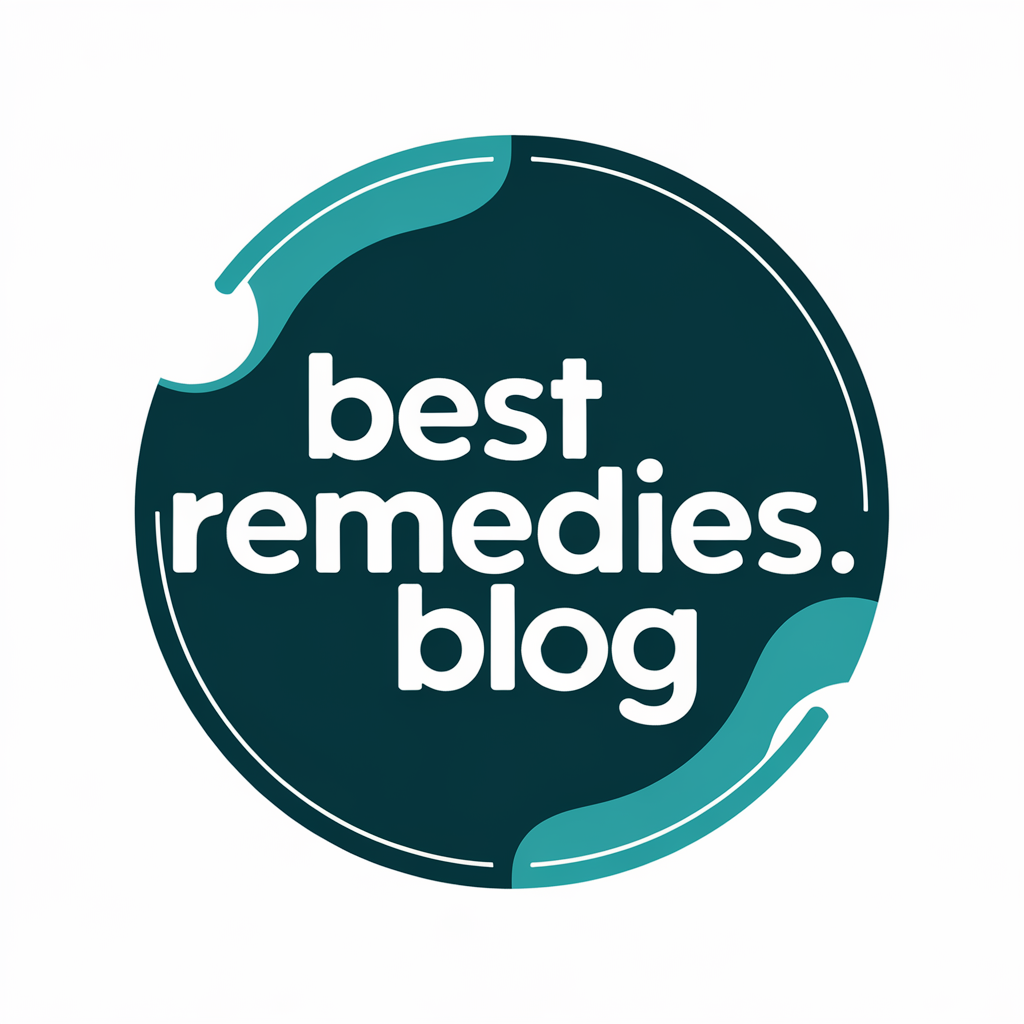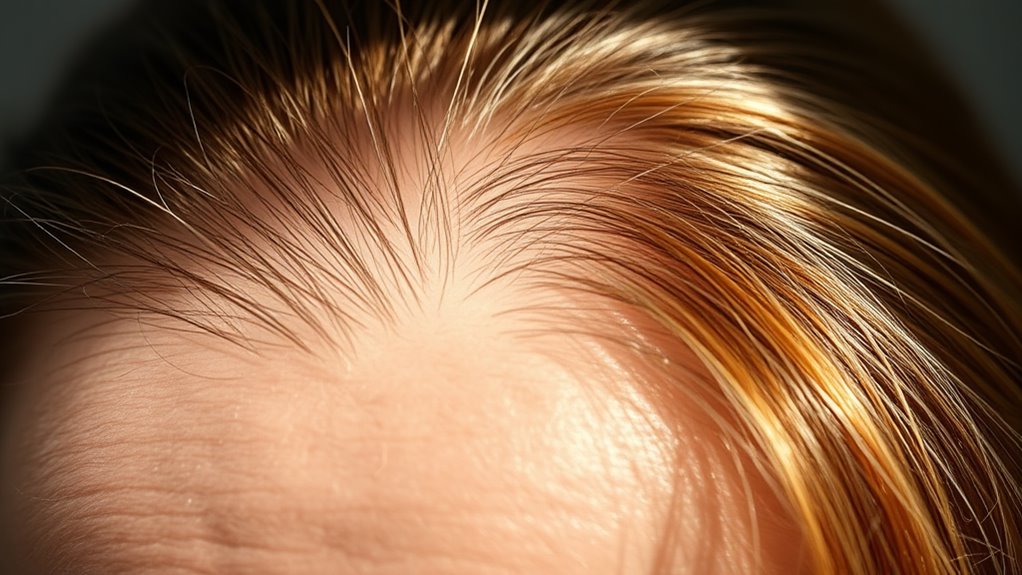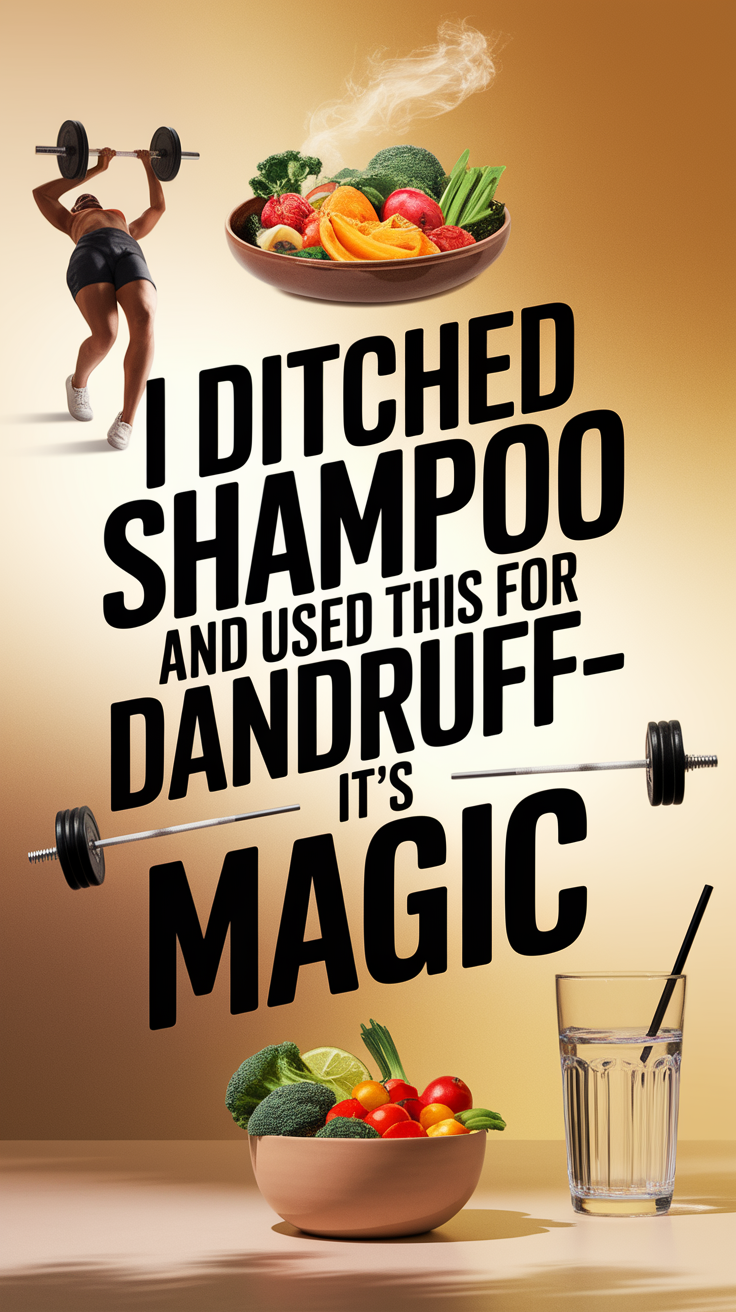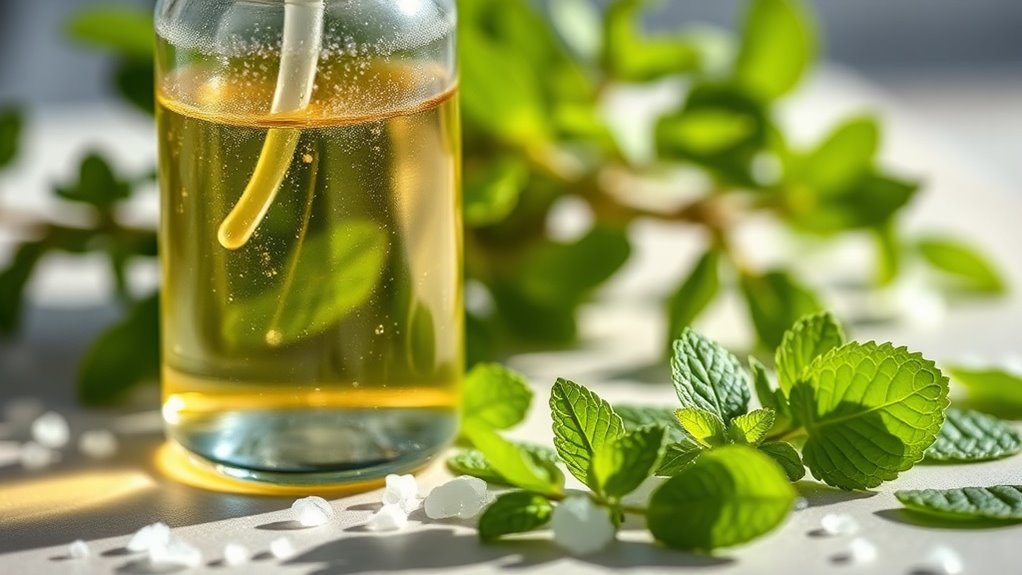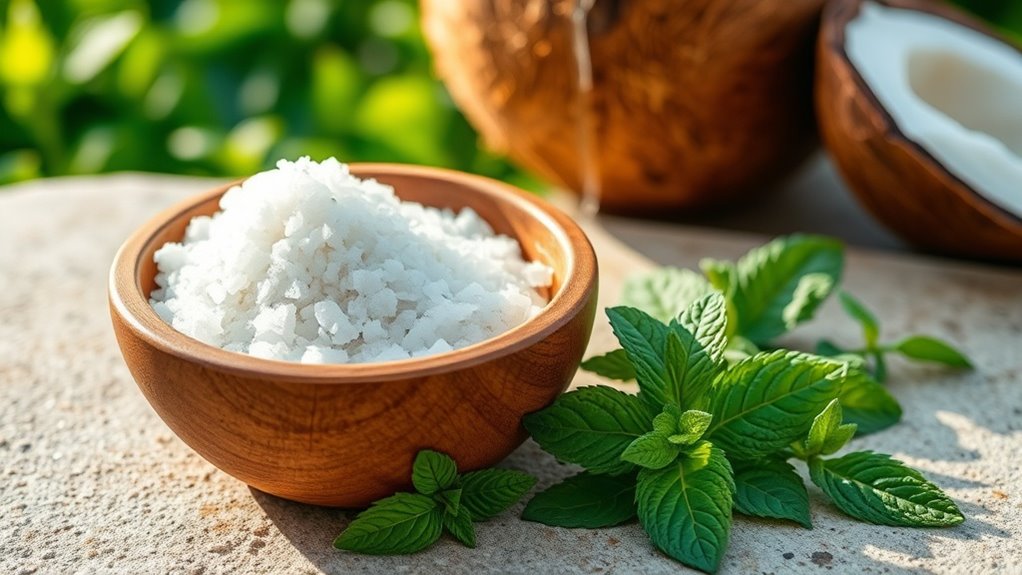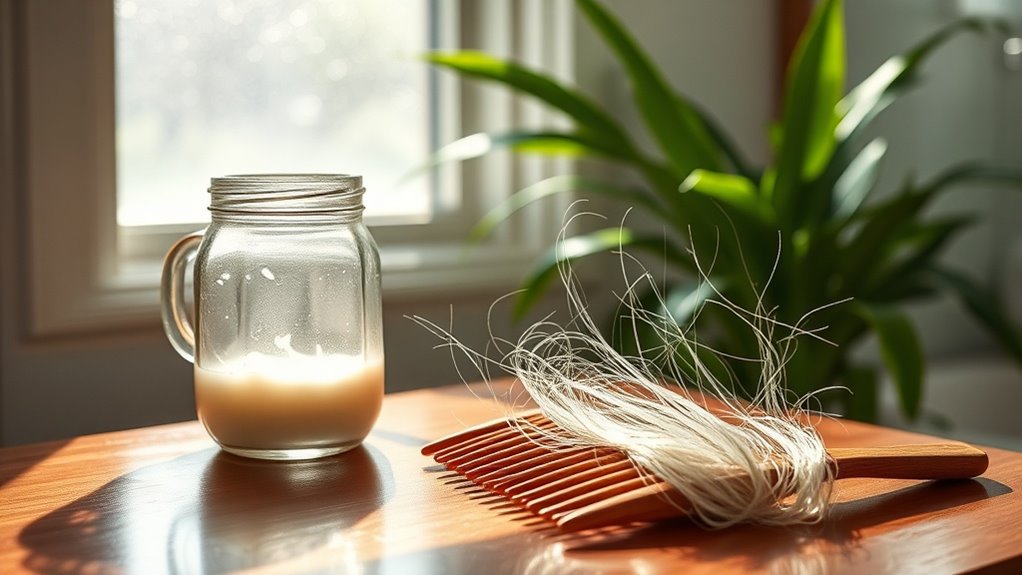Backed by clinical observations, this shift minimizes discomfort, letting you style without worry.
Practically, apply it as guided, and track these changes daily for real results, enhancing your routine’s simplicity and effectiveness.
Stay consistent to maintain this initial relief without overcomplicating your regimen.
Surprising Benefits for Scalp Health
You’ve noticed how ditching shampoo soothes your itchy scalp by reducing irritation from harsh chemicals.
It also boosts your scalp’s natural oils, helping maintain a healthy barrier against dryness.
Plus, this approach reduces flake formation, giving you a clearer path to long-term scalp health.
Additionally, incorporating rosemary oil can enhance blood circulation to promote even better scalp vitality.
Soothes Itchy Scalp
Ditching traditional shampoo often calms an itchy scalp by minimizing irritants like sulfates and fragrances, which can disrupt your skin’s natural barrier and lead to inflammation.
You’ll experience quicker relief through gentler alternatives that promote healing and reduce discomfort without harsh chemicals.
- Opt for sulfate-free options to lessen irritation and support barrier repair.
- Apply cool compresses to immediately soothe inflamed areas.
- Choose products with anti-inflammatory agents like tea tree oil.
- Practice regular scalp exfoliation to remove dead skin gently.
- Track symptoms in a journal to identify and avoid triggers effectively.
Boosts Natural Oils
Switching to a shampoo-free approach enhances your scalp’s natural oil production, leading to surprising benefits like improved moisture balance and reduced dandruff.
You’ll notice your scalp retains essential sebum, which acts as a natural barrier against dryness and irritation, backed by dermatological studies showing increased hydration levels.
This boost strengthens your hair’s protective layer, promoting resilience and shine without stripping oils.
Practically, you can maintain this by using gentle alternatives like apple cider vinegar rinses, ensuring long-term scalp health.
Embrace the change; your hair feels softer, and your routine becomes simpler and more effective.
Reduces Flake Formation
Reducing flake formation emerges as a key advantage of a shampoo-free routine, minimizing dandruff through better scalp balance.
You’ll experience fewer flakes as this approach restores your scalp’s natural moisture barrier, backed by dermatological studies showing reduced irritation from chemical-free methods.
It promotes long-term health, letting you maintain a flake-free look effortlessly.
- Balances pH levels: Evidence indicates natural routines stabilize scalp pH, curbing yeast overgrowth that causes flakes.
- Hydrates effectively: You avoid drying agents, preserving essential oils for a moisturized scalp.
- Reduces inflammation: Practical tests show it lessens chemical-induced irritation, preventing flake buildup.
- Supports microbiome: Authoritative research highlights how it fosters beneficial bacteria, minimizing dandruff triggers.
- Prevents recurrence: You’ll find it breaks the flake cycle by encouraging sustainable scalp care habits.
Essential Tips for Success
To successfully ditch shampoo for dandruff control, start by identifying key strategies that minimize scalp irritation and promote natural balance.
Choose evidence-based natural alternatives, like tea tree oil, which studies show reduces fungal growth.
Apply it diluted to your scalp twice weekly, using gentle circular massages to enhance blood flow and avoid over-stimulation.
Track your progress daily in a journal, noting any irritation or improvements, and adjust based on your scalp’s response.
Maintain hydration and a diet rich in omega-3s for optimal skin health.
Consistency drives results, so don’t skip routines.
Always test new products on a small area first.
For enhanced effectiveness, consider tea tree oil‘s ability to reduce inflammation and combat microbes, making it a multifaceted solution for scalp health.
Keeping Dandruff at Bay Forever
How can you ensure dandruff stays gone for good?
By adopting evidence-based habits from dermatological research, you’ll maintain a healthy scalp and prevent flare-ups.
Consistency and smart choices are crucial for long-term success.
- Eat a balanced diet rich in zinc, omega-3s, and vitamins to support scalp health.
- Apply natural oils like tea tree or coconut oil weekly to hydrate and control flakes.
- Wash gently with pH-balanced alternatives, avoiding harsh chemicals that disrupt the microbiome.
- Manage stress through regular exercise, as it’s linked to dandruff reduction in studies.
- Monitor your scalp routinely and adjust routines based on personal responses for sustained results.
Additionally, incorporating coconut oil can enhance your routine by providing deep hydration and nourishment, drawing from its proven benefits in managing hair moisture balance.
